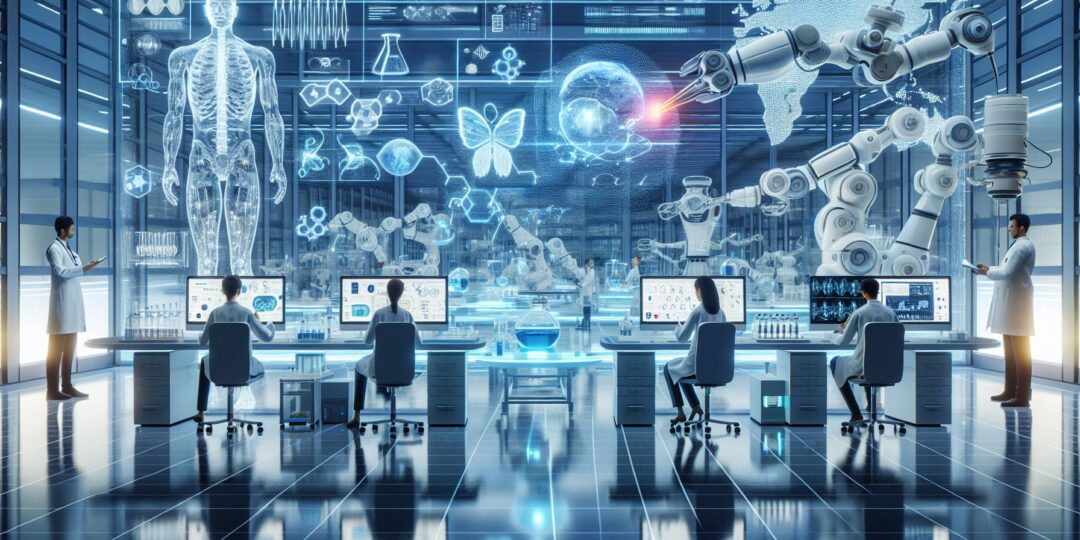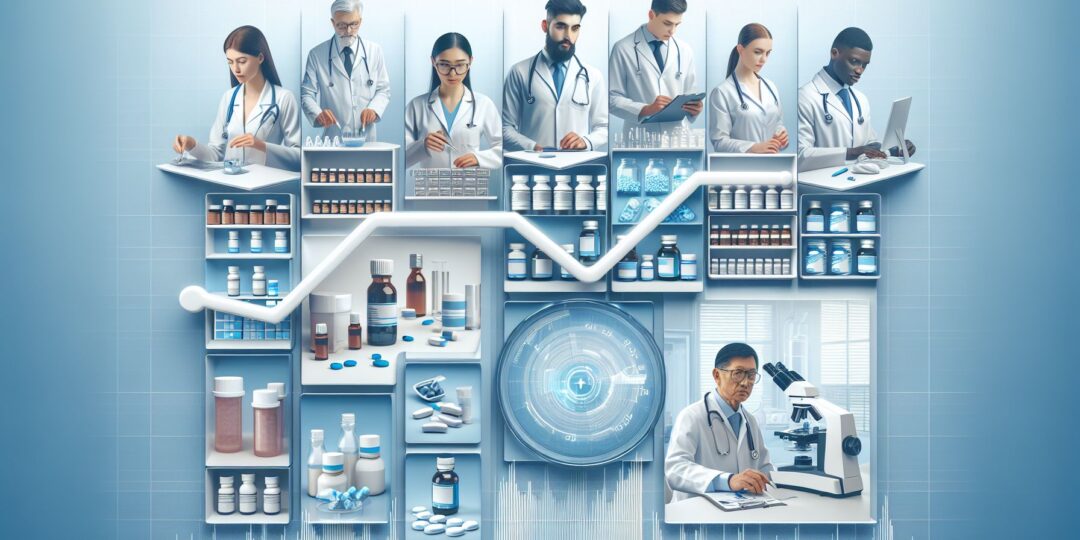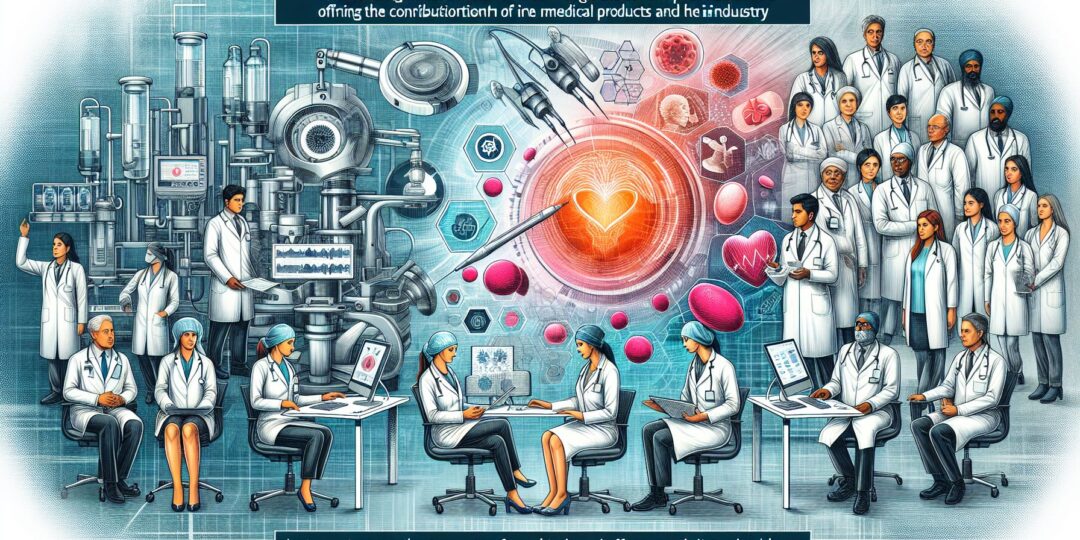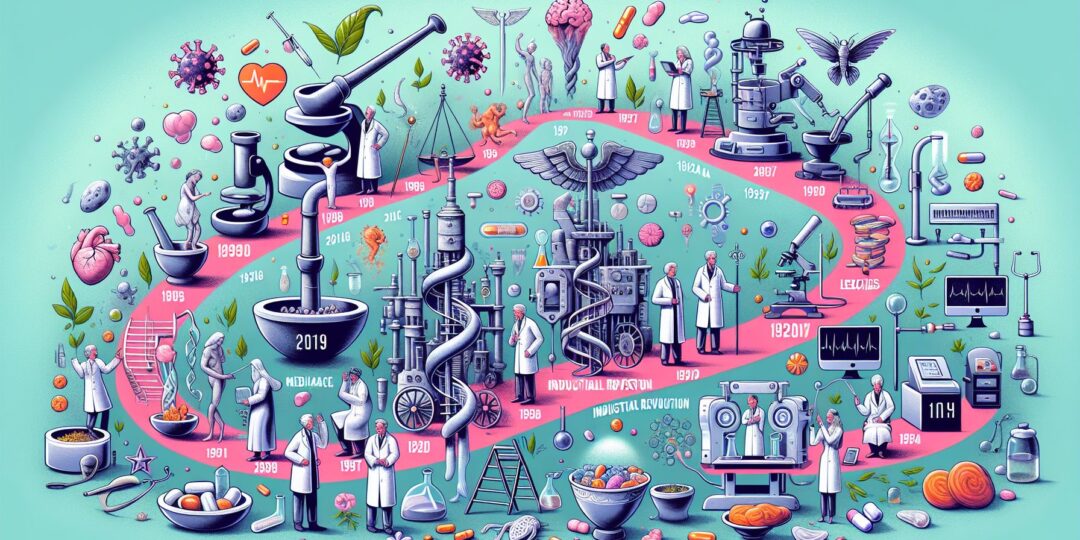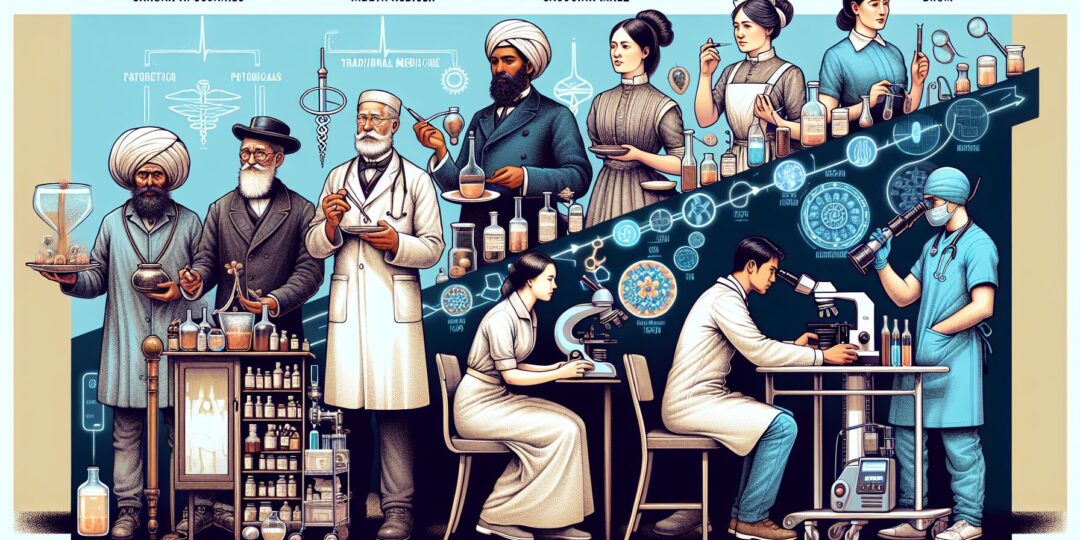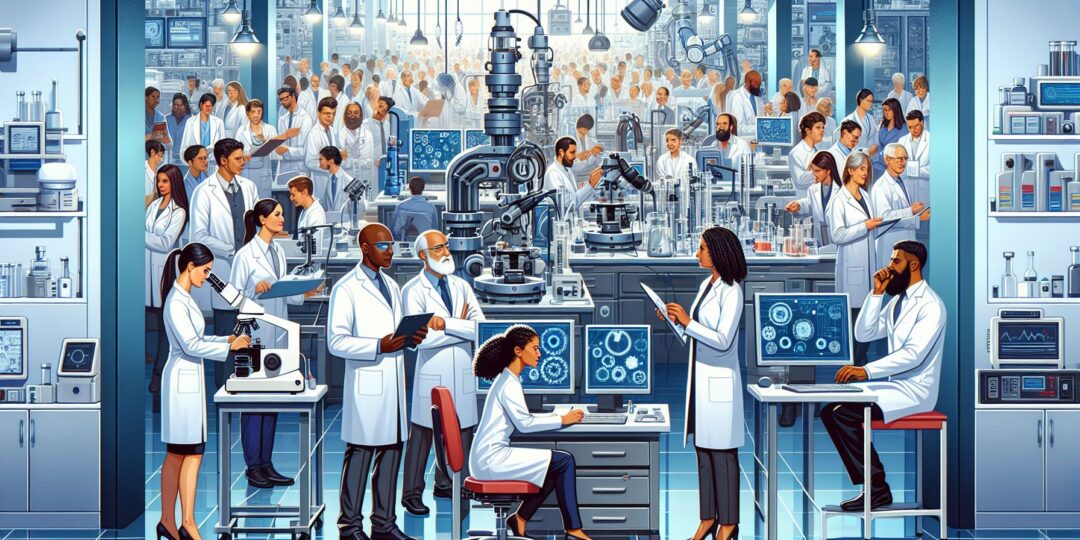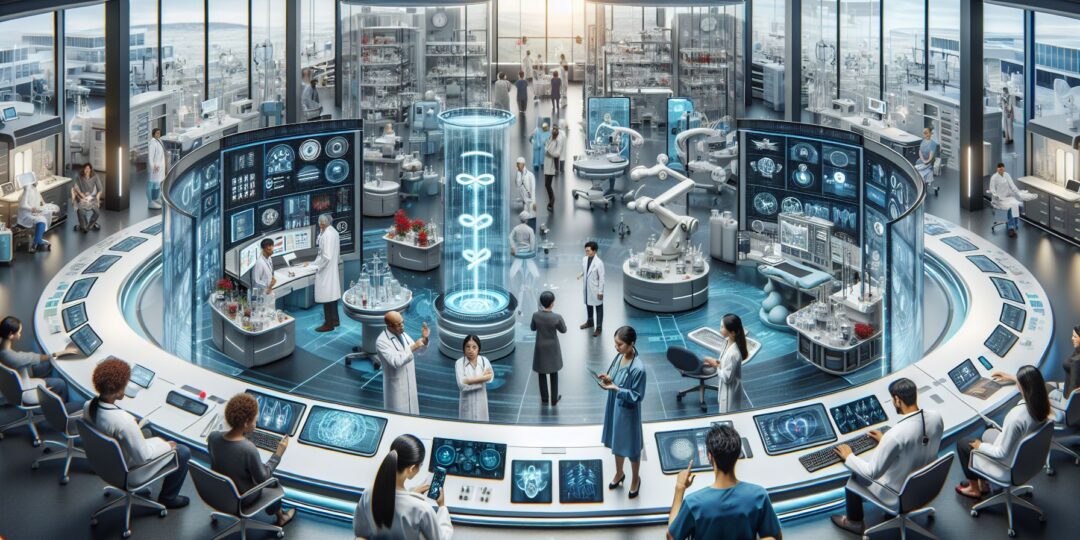The medical products and industry have always been at the forefront of technological advancements and breakthroughs. From pharmaceuticals to medical devices, the industry plays a crucial role in improving and saving lives around the world. In this blog post, we will explore some of the latest innovations and trends in the medical products and industry.
Introduction to Medical Products and Industry
The medical products and industry encompass a wide range of products and services designed to diagnose, treat, and prevent various medical conditions. This includes pharmaceuticals, medical devices, diagnostic tools, and digital health technologies. As the healthcare landscape continues to evolve, the demand for innovative medical products and services has never been higher.
Innovations in Medical Products
One of the most exciting developments in the medical products industry is the rise of precision medicine. This approach to healthcare takes into account individual variability in genes, environment, and lifestyle for each person. By tailoring medical products and treatments to specific genetic profiles, doctors can provide more effective and personalized care to their patients.
Another key trend in the medical products industry is the adoption of digital health technologies. From wearable devices that monitor vital signs to telemedicine platforms that connect patients with healthcare providers, digital health technologies are transforming the way healthcare is delivered. These technologies not only improve patient outcomes but also increase efficiency and reduce costs for healthcare providers.
- https://www.opendata.nhs.scot/de/user/semaglutidkaufenrezeptfrei
- https://www.opendata.nhs.scot/de/user/ozempickaufenrezeptfrei
- https://www.opendata.nhs.scot/de/user/rybelsuskaufenrezeptfrei
- https://www.opendata.nhs.scot/de/user/xenicalkaufenrezeptfrei
- https://www.opendata.nhs.scot/de/user/orlistatkaufenrezeptfrei
- https://www.opendata.nhs.scot/de/user/priligykaufenrezeptfrei
- https://www.opendata.nhs.scot/de/user/levitrakaufenrezeptfrei
- https://www.opendata.nhs.scot/de/user/tadacipkaufenrezeptfrei
- https://www.opendata.nhs.scot/de/user/modafinilkaufenrezeptfrei
- https://www.opendata.nhs.scot/de/user/armodafinilkaufenrezeptfrei
- https://www.opendata.nhs.scot/de/user/methylphenidatkaufenrezeptfrei
- https://www.opendata.nhs.scot/de/user/stratterakaufenrezeptfrei
- https://www.opendata.nhs.scot/de/user/atomoxetinkaufenrezeptfrei
- https://www.opendata.nhs.scot/de/user/ventolinkaufenrezeptfrei
- https://www.opendata.nhs.scot/de/user/albuterolkaufenrezeptfrei
- https://www.opendata.nhs.scot/de/user/doxycyclinkaufenrezeptfrei
- https://www.opendata.nhs.scot/de/user/azithromycinkaufenrezeptfrei
- https://www.opendata.nhs.scot/de/user/aripiprazolkaufenrezeptfrei
- https://www.opendata.nhs.scot/de/user/prozackaufenrezeptfrei
- https://www.opendata.nhs.scot/de/user/fluoxetinkaufenrezeptfrei
Challenges in the Medical Products Industry
While the medical products industry continues to innovate and advance, it also faces several challenges. One of the biggest challenges is ensuring regulatory compliance and safety standards for new medical products. The industry must navigate complex regulatory frameworks to bring new products to market while ensuring they are safe and effective for patients.
Another challenge facing the medical products industry is the rising cost of healthcare. As new medical products and technologies become available, they often come with high price tags that can be prohibitive for patients and healthcare systems. Finding ways to make medical products more accessible and affordable will be crucial for the industry moving forward.
Conclusion
The medical products and industry are constantly evolving to meet the changing needs of patients and healthcare providers. From precision medicine to digital health technologies, the industry is at the forefront of innovation and breakthroughs. By addressing challenges and embracing new trends, the medical products industry will continue to improve and advance healthcare for all. Let’s look forward to more exciting developments in the years to come.…
Continue reading